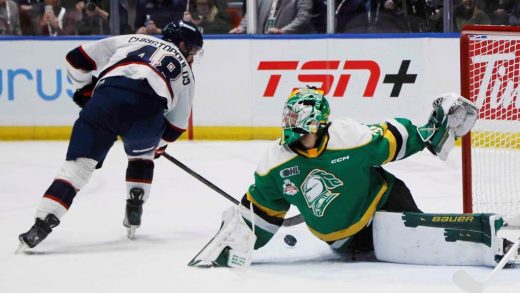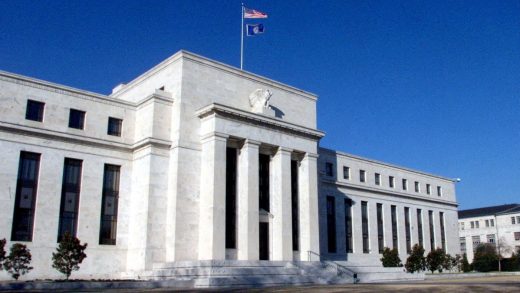
CARACAS, Venezuela (AP) — Venezuela’s government plans to resume negotiations with the U.S. government this week, President Nicolás Maduro announced Monday, less than a month before a highly anticipated election in which he and his party are facing their toughest challenge in decades.
Maduro, who is seeking a third term, wants the U.S. government to lift crippling economic sanctions that were imposed over the last decade in an effort to topple him. He characterized the dialogue as “urgent” during his weekly TV show.
The Biden administration did not immediately respond to a request for comment from The Associated Press.

“I have received the proposal during two continuous months from the United States government to reestablish talks and direct dialogue,” Maduro said. “After thinking about it for two months, I have accepted, and next Wednesday, talks will restart with the United States government to comply with the agreements signed in Qatar and to reestablish the terms of the urgent dialogue.”
Maduro’s government had held parallel talks with the Biden administration and with the U.S.-backed Unitary Platform opposition coalition. But they were suspended as he reneged on promises, including to improve conditions ahead of the election, and his government accused the U.S. of not fulfilling portions of agreements.
Some negotiations with the U.S. happened in Qatar. It was not immediately clear where the latest round of dialogue will take place.
The July 28 election is shaping up to be the biggest challenge the ruling United Socialist Party of Venezuela has faced in its 25-year dominance that began when the fiery Hugo Chávez became president. The party wants to maintain its absolute government control for six more years, but its base is divided, diminished and disappointed after experiencing a complex social, economic and political crisis for 11 years — the entirety of Maduro’s presidency.
Ten candidates, including Maduro, will be on the ballot. The only contender with a real chance of defeating the president is Edmundo González Urrutia, who represents the opposition’s Unitary Platform coalition.
Last year, Maduro entered into an agreement with the opposition coalition to work toward improving conditions for a free and fair election. But he changed course as the meteoric rise of opposition leader Maria Corina Machado turned into a real threat to his reelection prospects.

The U.S. granted Maduro’s government relief from sanctions on its state-run oil, gas and mining sectors after he entered into the agreement with the opposition. But the Biden administration ended the relief as Maduro’s ruling party continued to use its control over all government institutions to tilt the balance in his favor, including by blocking Machado’s candidacy.
Machado’s chosen substitute was barred from the ballot, too. She and the coalition are now backing González, a former diplomat.



